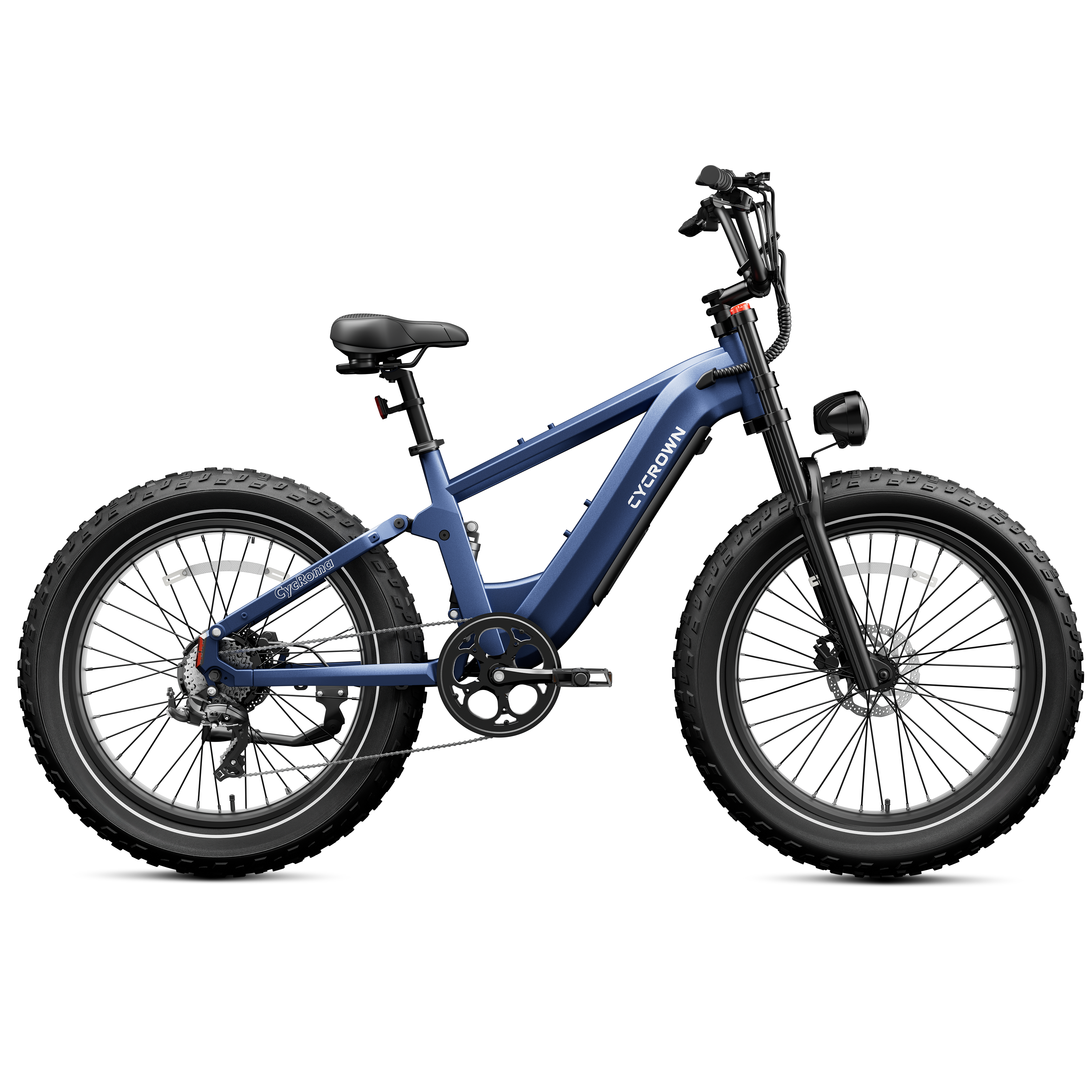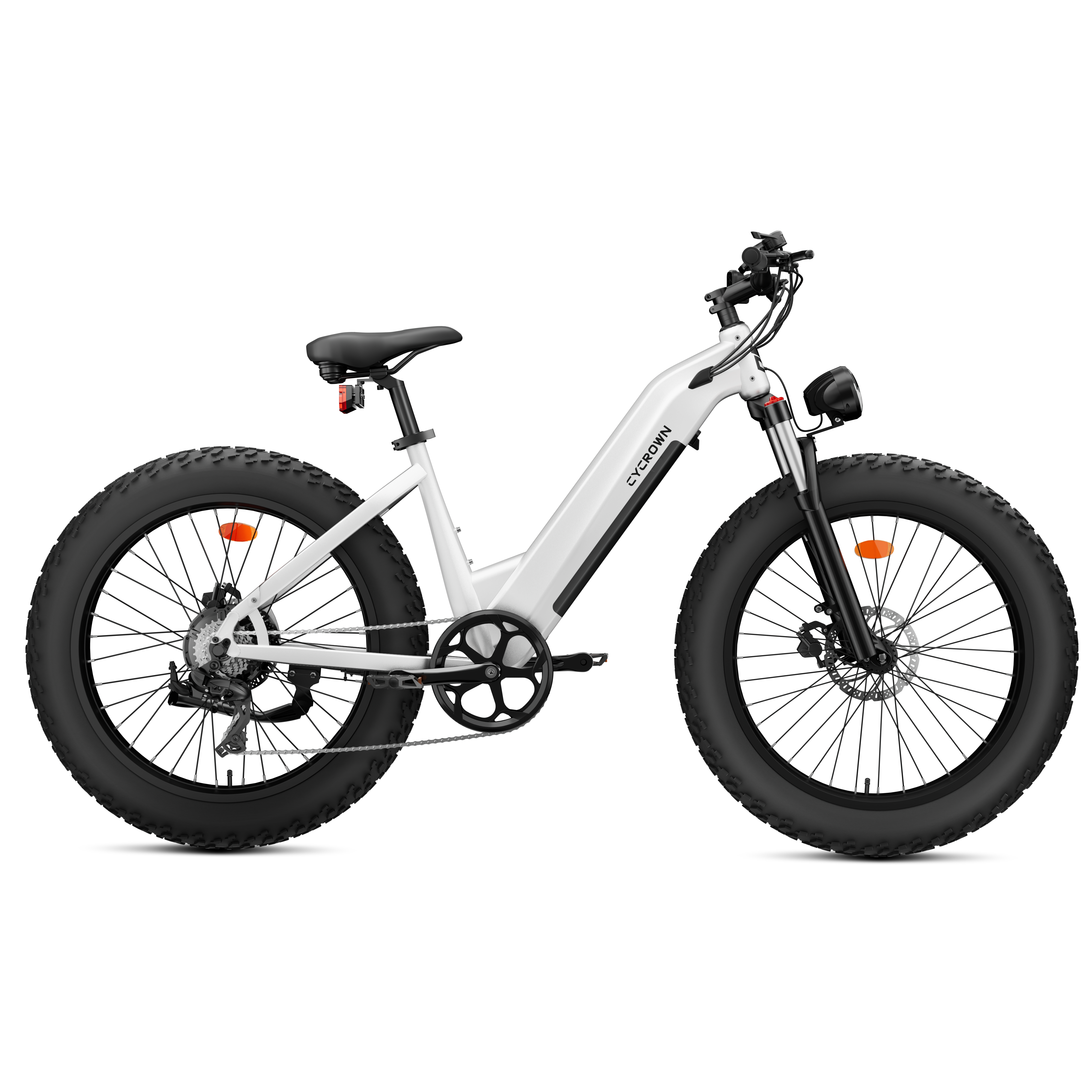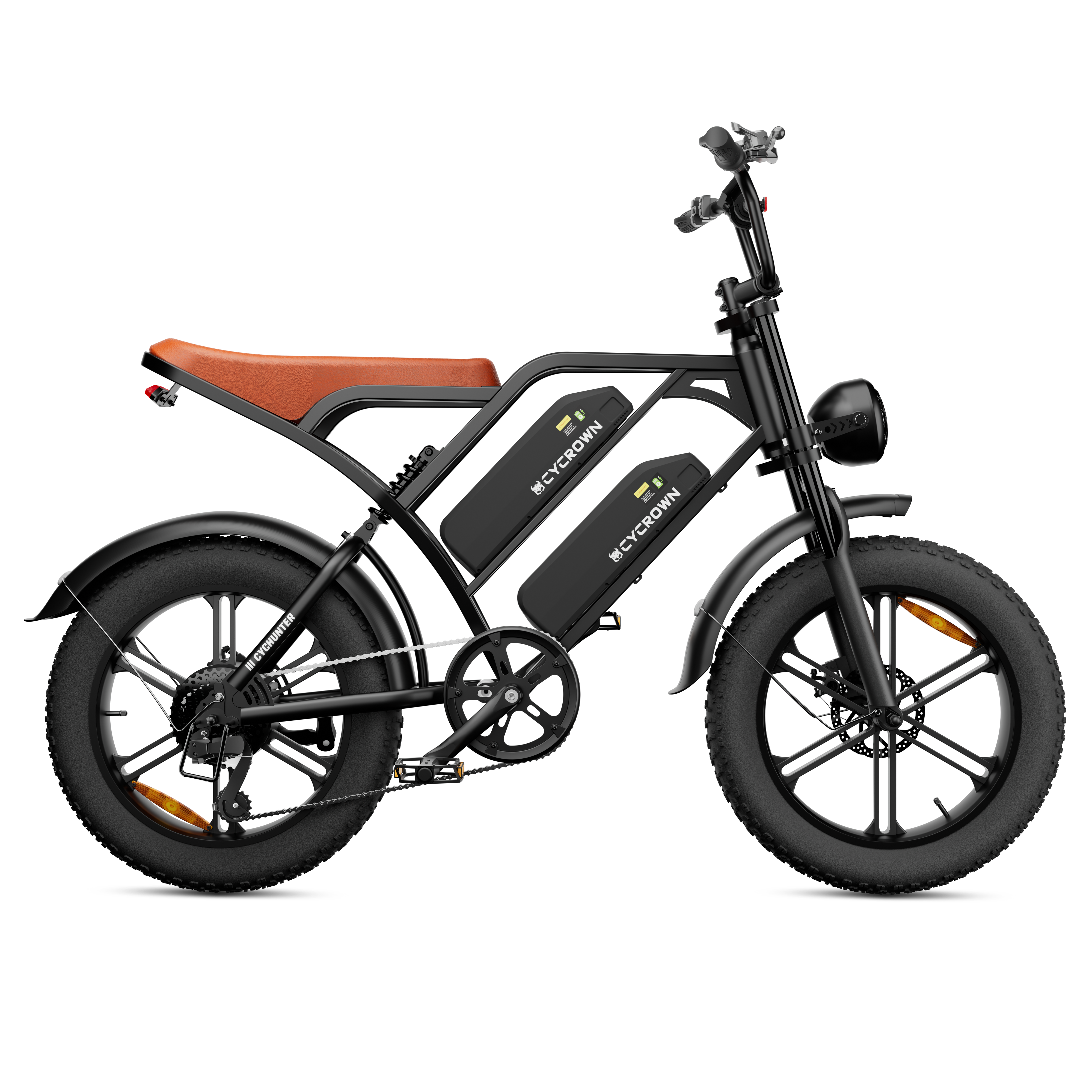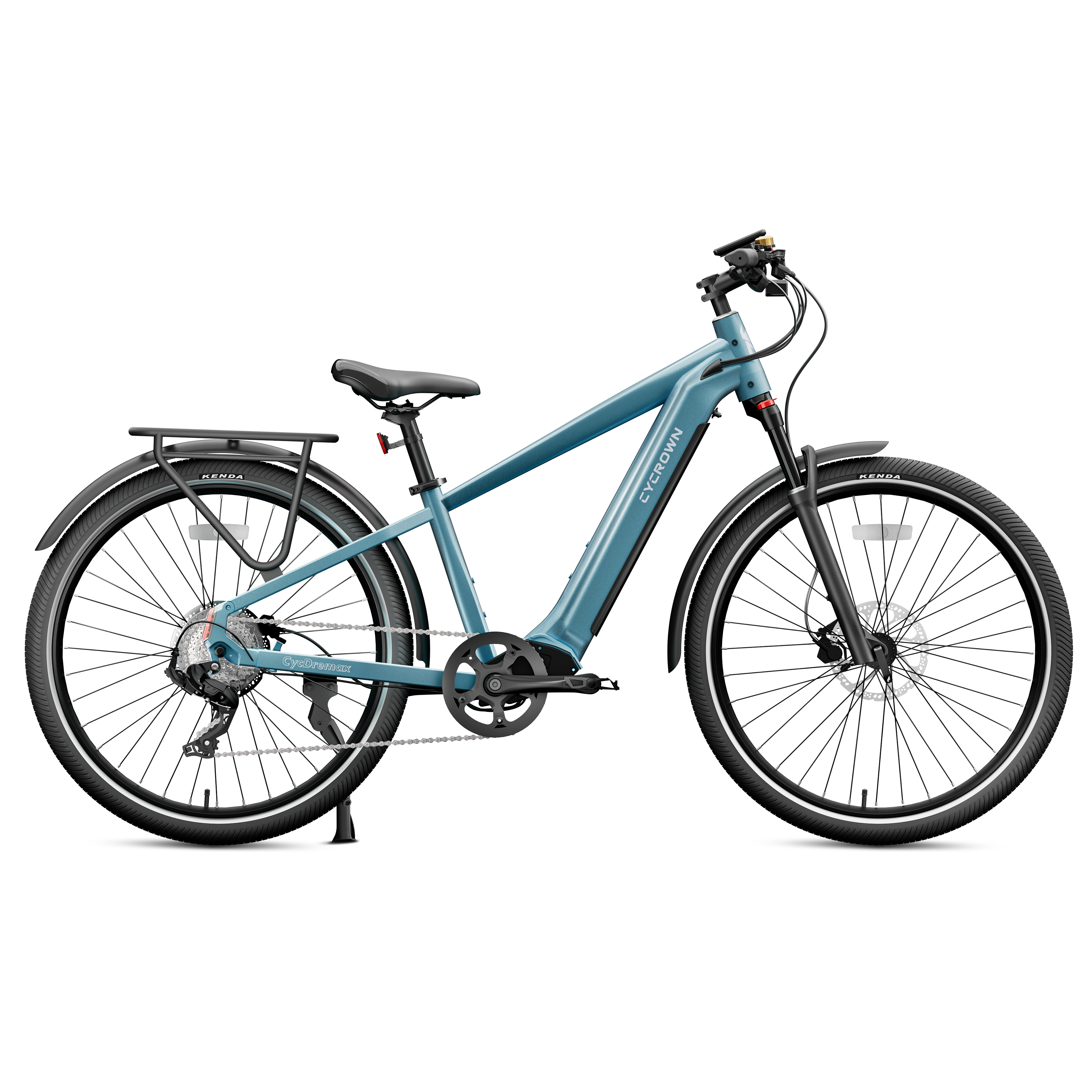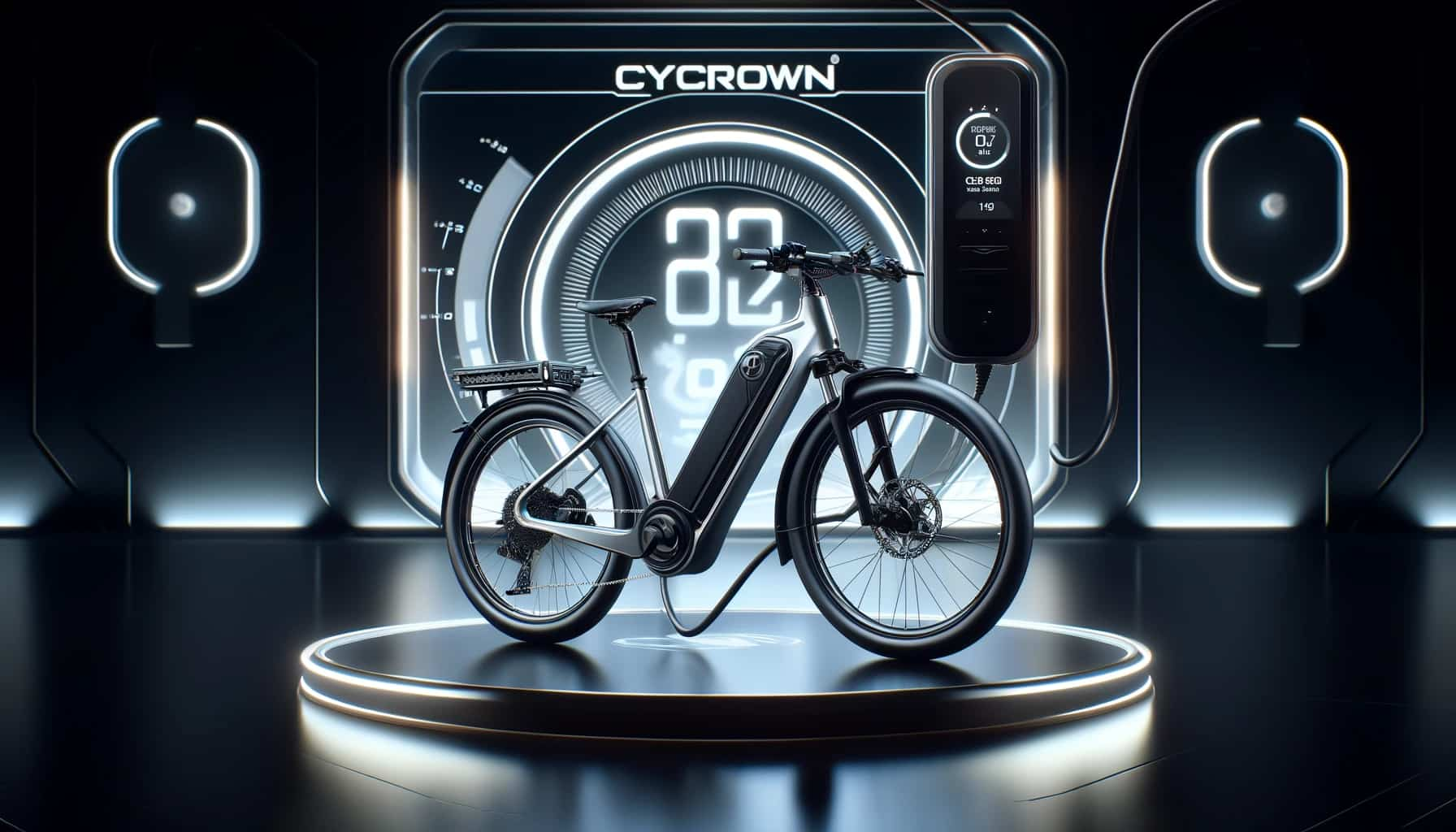Knowing how long it takes to charge your electric bike is crucial information for planning trips and daily commuting. Without this knowledge, you may find yourself stranded with a dead battery or unable to complete your intended route. Therefore, it is important to understand the factors that influence charging time and how to efficiently charge your electric bike's battery.
Generally, the larger the battery's capacity, the longer it will take to charge. Similarly, a charger with a higher output will charge the battery faster. The state of charge also affects charging time, as it takes longer to charge a battery from 80% to 100% than it does from 20% to 80%.
In this article, we will cover everything you need to know about charging your electric bike's battery, including factors that influence charging time, tips for efficient charging, and how to properly care for your battery to ensure maximum lifespan. With this information, you will be able to confidently plan your trips and daily commutes without the fear of running out of battery power.
How Long Does It Take to Charge an Electric Bike?

When it comes to charging an electric bike, the time it takes can vary depending on the battery capacity and charger type. On average, it can take anywhere from 3 to 6 hours to fully charge an e-bike battery. However, some batteries may take less time to charge fully, while others may take longer.
It's important to note that you should never overcharge your battery or leave it charging for too long. Doing so can shorten the battery life and even cause damage to the battery. It's recommended to keep the battery charge between 20% and 80% for the longest battery life.
Additionally, some e-bike systems use fast chargers that can fully charge a battery in as little as three hours or can charge from 50% to full in an hour. If you have a bigger battery, it will generally take longer to charge than a smaller one.
Here are some typical ranges for charging an electric bike based on battery capacity:

It's important to note that these are just general estimates and the actual charging time can vary based on the specific circumstances of your e-bike battery and charger. Nonetheless, keeping these ranges in mind can help you plan your charging time accordingly.
Factors Affecting Electric Bike Charging Time

When it comes to charging your electric bike, there are several factors that can affect the charging time. In this section, we will discuss some of the most important factors that you should keep in mind.
Battery Capacity
The battery capacity of your electric bike is one of the most important factors that affect the charging time. The battery capacity is measured in watt-hours (Wh), and the higher the watt-hour rating, the longer it will take to charge the battery. For example, a battery with a capacity of 500 Wh will take longer to charge than a battery with a capacity of 250 Wh.
Charger Power Output
The charger's power output is another important factor that affects the charging time. The charger's amperage and voltage determine how fast the battery will charge. A charger with a higher amperage and voltage will charge the battery faster than a charger with a lower amperage and voltage.
Battery Chemistry
The type of battery chemistry used in your electric bike can also affect the charging time. Lithium-ion batteries are the most common type of battery used in electric bikes because they are lightweight and have a high energy density. They also charge faster than other types of batteries such as lead-acid batteries.
Charging Environment
The charging environment can also affect the charging time of your electric bike. Temperature and humidity can impact the charging efficiency of the battery. Charging your electric bike in a hot or humid environment can slow down the charging process, while charging in a cool and dry environment can speed up the charging process.
Tips for Efficiently Charging an Electric Bike
Efficiently charging your electric bike can help extend the life of your battery and ensure that you have a fully charged bike when you need it.
Here are some tips to help you optimize your charging times and maintain your battery health:
-
Charge your battery in a cool, dry place: Charging your battery in a hot or humid environment can cause it to overheat, which can damage the battery and reduce its lifespan. Find a cool, dry place to charge your battery, such as a garage or basement.
-
Avoid overcharging your battery: Overcharging your battery can also cause it to overheat and damage the battery. Most electric bikes come with a charger that automatically shuts off when the battery is fully charged, but it's still a good idea to keep an eye on the charging process and unplug the charger when the battery is fully charged.
-
Charge your battery fully: Charging your battery fully can help extend its lifespan and ensure that you have a fully charged bike when you need it. Most electric bike batteries take between 3 to 4 hours to charge fully, but this can vary depending on the size of the battery and the power of the charger. Refer to your bike's manual for specific charging times.
-
Use the right charger: Using the wrong charger can damage your battery and reduce its lifespan. Make sure you use the charger that came with your bike or a charger that is compatible with your bike's battery.
-
Monitor your battery health: Keep an eye on your battery's health and performance over time. If you notice that your battery is not holding a charge as well as it used to, it may be time to replace the battery.
How to Monitor Charging and Prevent Issues
To ensure that your electric bike battery is charged properly and safely, it is important to monitor the charging process and address any potential issues that may arise.
Here are some tips to help you monitor the charging process and prevent issues:
-
Use a quality charger: It is important to use a quality charger that is designed for your specific electric bike model. Using a low-quality charger can damage your battery and even cause safety hazards.
For instance, each Cycrown e-bike model features high-quality charger.
-
Follow manufacturer recommendations: Always follow the manufacturer's recommendations for charging your electric bike battery. This includes the recommended charging time, charging frequency, and charging method.
-
Monitor the charging process: Keep an eye on the charging process to ensure that everything is working properly. Check the battery's charge level periodically and make sure that it is charging at the expected rate. If you notice any issues, such as overheating or undercharging, stop the charging process immediately and address the issue before continuing.
-
Avoid extreme temperatures: Avoid charging your electric bike battery in extreme temperatures, such as in direct sunlight or in very cold environments. This can damage the battery and reduce its lifespan.
-
Don't overcharge: Overcharging your electric bike battery can damage it and reduce its lifespan. Make sure to unplug the charger once the battery is fully charged.
Fast Charging Options for Electric Bikes
If you're looking for a quick way to charge your electric bike, there are several options available. Fast charging technologies are designed to reduce charging time and get you back on the road as quickly as possible. Here are some of the most efficient fast charging options for electric bikes:
1. Specialized Chargers
Many electric bike manufacturers offer specialized chargers that are designed to charge their specific bike models quickly and efficiently. These chargers are often more expensive than standard chargers, but they can reduce charging time by up to 50%. Some of these chargers also have features like regenerative braking, which can help improve charging efficiency.
2. Battery Systems
Another option for fast charging is to use a battery system that is designed for quick charging. These systems typically use lithium-ion batteries and can charge your electric bike in as little as 1-2 hours. However, these systems can be expensive and may not be compatible with all electric bike models.
Benefits and Drawbacks
While fast charging can be convenient, it's important to consider the potential drawbacks. Fast charging can reduce the lifespan of your battery, which means you may need to replace it sooner than if you used a standard charger. Additionally, some fast charging technologies may not be as efficient as standard chargers, which can result in higher energy consumption and increased costs over time.
Planning for Long Trips or Commuting
If you plan to go on a long-distance trip, you can plan your charging stops accordingly. You can use a charging time calculator or refer to the manufacturer's specifications to determine how long it will take to charge the battery fully. This way, you can plan your route and schedule charging stops at appropriate intervals.
Similarly, if you use your electric bike for daily commuting, you can plan your charging schedule to ensure that your bike is always charged and ready to go. You can charge your bike overnight or during work hours to ensure that you have enough power for your commute.
It's also essential to consider the type of battery and charger you have. Some batteries may take longer to charge than others, and some chargers may charge faster than others. Therefore, it's crucial to choose the right charger and battery for your needs.
Frequently Asked Questions
How far can an electric bike go on a full charge?
The range of an electric bike on a full charge depends on several factors, including the capacity of the battery, the motor power, the terrain, and the rider's weight. On average, most electric bikes can travel between 20 and 80 miles on a single charge.
Can you overcharge an electric bike battery?
Yes, overcharging an electric bike battery can damage it. It is essential to follow the manufacturer's instructions and use the recommended charger to avoid overcharging. Once the battery is fully charged, the charger will automatically stop charging.
How long will electric bike battery last?
The lifespan of an electric bike battery depends on several factors, including the type of battery, the frequency of use, and the charging habits. On average, most electric bike batteries can last between 2 to 4 years. However, proper maintenance and charging habits can extend the battery's lifespan.
Should I charge my ebike every night?
It is not necessary to charge your electric bike battery every night, but it is recommended to keep the battery charged between 20% and 80%. Overcharging or undercharging the battery can damage it and shorten its lifespan.
Do electric bikes use a lot of electricity?
Electric bikes are energy-efficient and use significantly less electricity than cars. The amount of electricity an electric bike uses depends on the battery capacity, motor power, and the distance traveled. On average, it costs between 5-8 cents to charge an electric bike battery fully.


